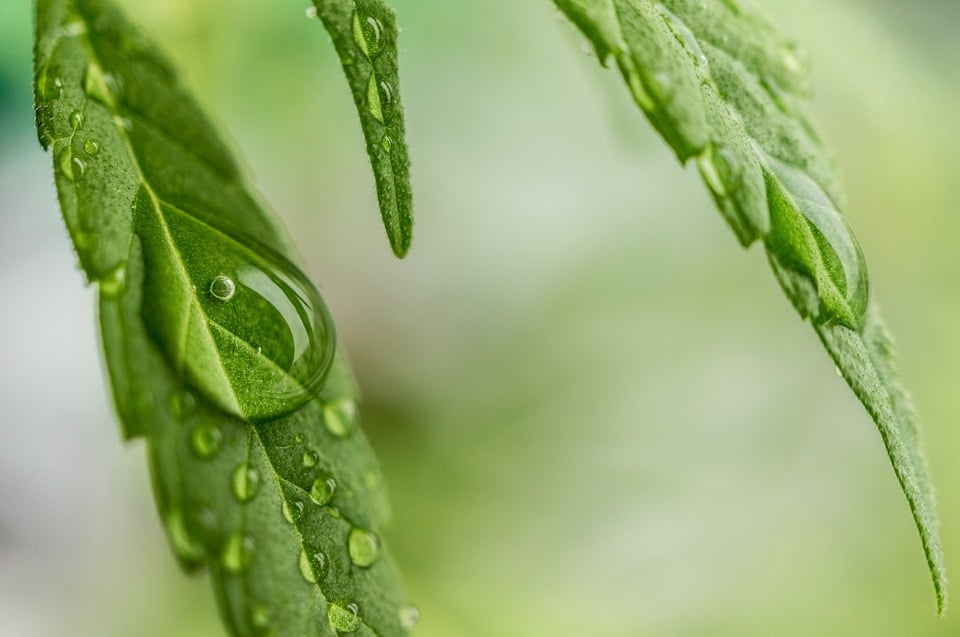Hemp Oil Uses
Hemp oil can be found in a wide range of conveyance shapes. Hemp oil can be expended orally, connected topically or sublingually, or smoked by means of vaporization.
Vaporization and sublingual use of hemp oil takes into account a quick beginning of-activity of the CBD, while pills and palatable items can take 30 to a hour and a half by and large to produce results.
Topical hemp oil can be connected specifically to territories of agony or irritation, however it can likewise be assimilated into the fundamental dissemination.
Need More Help ?
Contact Us

